Blast from the past: How this generation enabled platformers to crash back into the mainstream
Platformers are popular again, and we have this generation to thank for it
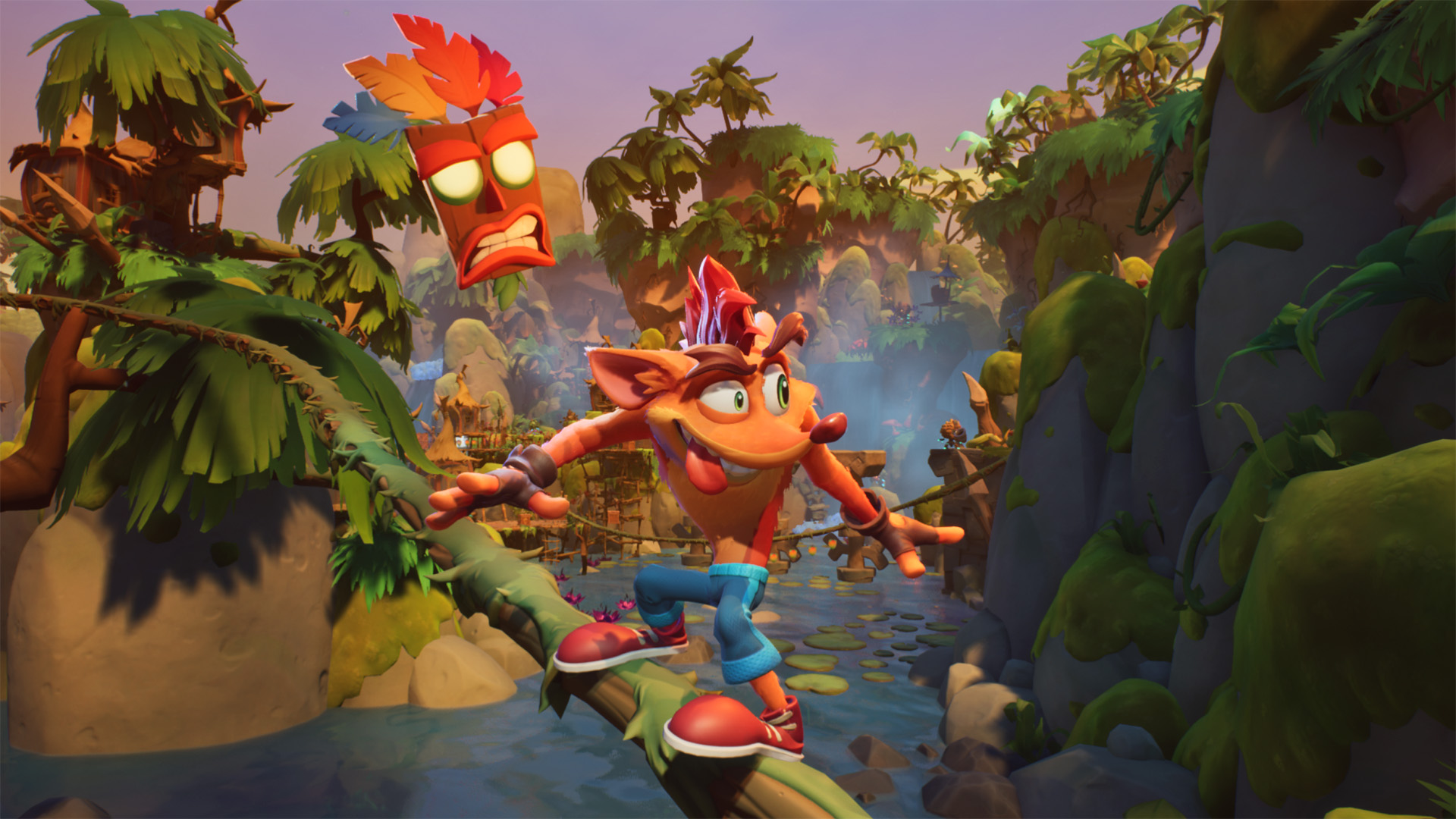
If you ask the average person on the street to think of a video game, there's a good chance they'll come back to you with a platformer. Of course, longtime players experienced in gaming history might be equally likely to name an FPS, open-world RPG, or any of the other genres which have usurped platformers as the kings of gaming since circa-2002.
But while video games have grown in depth and complexity across this generation, they still largely involve running from one place to another, grabbing collectibles along the way. That’s why I love platformers: they feel as if they’re at the heart of so many other genres.
As a huge platforming fan, it has been wonderful to see them experience such a renaissance this generation. There is no better example of this than the Crash Bandicoot: The N. Sane Trilogy. Masterfully rebuilding the original Naughty Dog trilogy for a new generation of players, N. Sane showed the pure timelessness (and continued popularity) of a great platformer.
There have been a lot of great original platformers this gen, but Crash's return encapsulates how this generation of platformers have paid homage to the past, entertained us in the present, and have built towards the future.
Back to the future
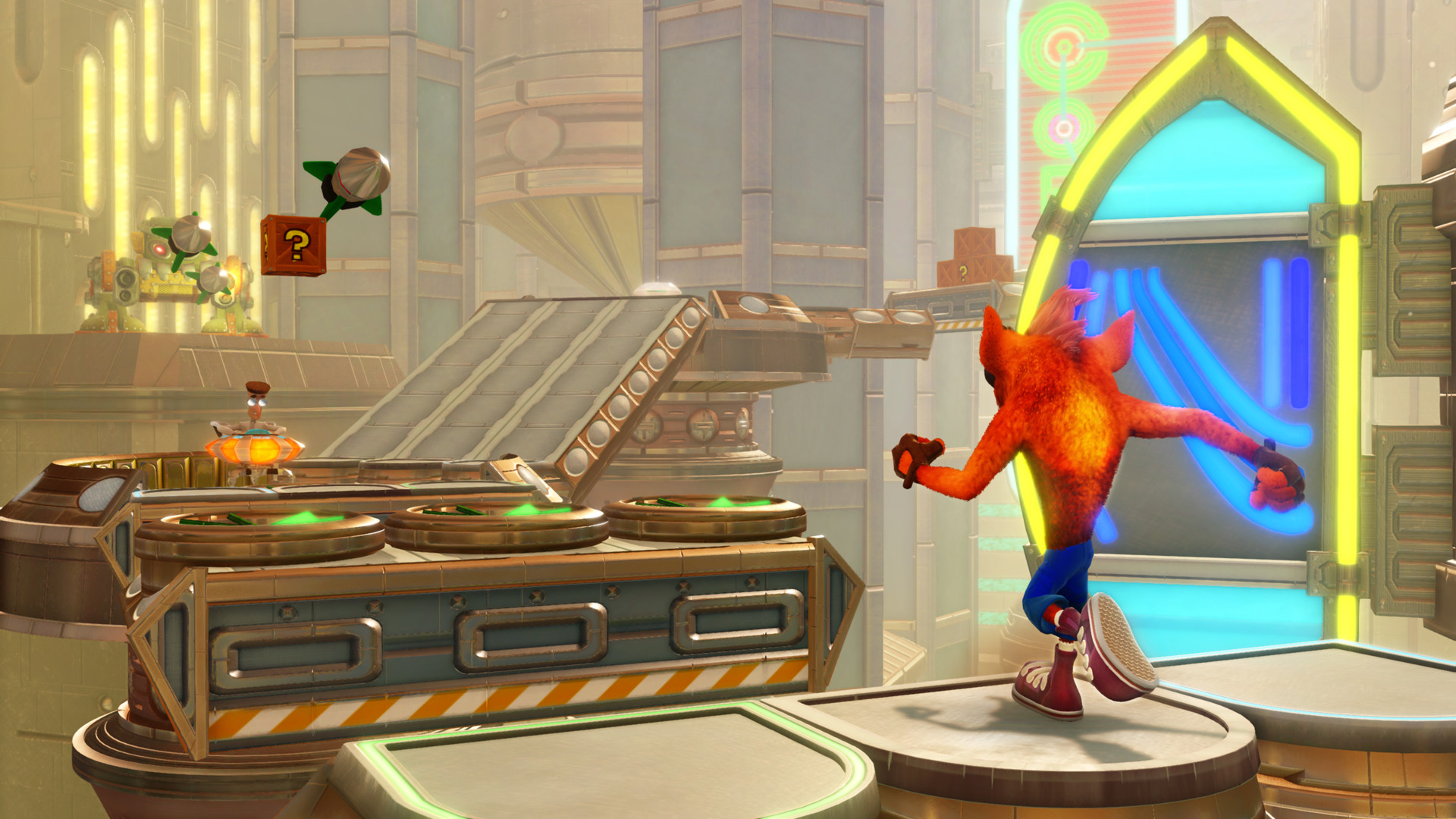
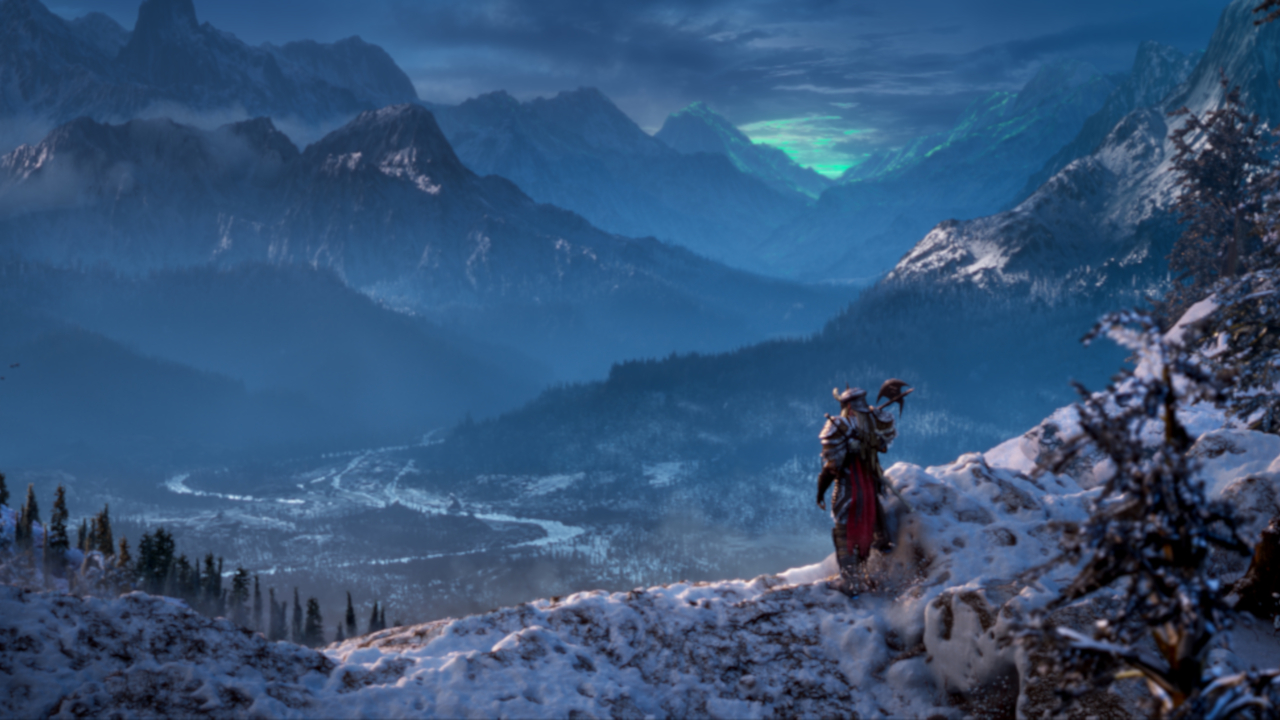
The best MMORPG games to live out your fanciest fantasy life
While the N. Sane Trilogy was a brilliant game, it was basically the ‘90s Crash Bandicoot experience played on bigger TVs. However, its success became a key cornerstone for platformers to build on throughout this generation. It offered classic level design authentic to the genre's ideals, bags of variety, and an unforgiving, but never inorganic sense of escalating challenge. Get in the bin, jetpack levels; everything else can stay.
Of course, we live in the age of nostalgia. Watching any given episode of The Mandalorian will make that crystal clear. N. Sane's success is not so much evidence that platformers are back, as it is proof that adults still enjoy the same things they loved as children.
Enter Crash Bandicoot 4: It’s About Time. Drawing a firm line under the sub-par Crash offerings, Crash Bandicoot 4 took what was great about The N. Sane Trilogy and thoroughly modernised it.
Weekly digests, tales from the communities you love, and more
The basic gameplay is the same as the classics, with linear levels, a variety of approaches, and a focus on well timed jumps as the key to victory, but it feels so much more like it was made for this generation. The extra technology allows for more levels than ever before, but also for each level to be crammed with a greater variety of hazards, platforms, and secrets than we’ve ever seen.
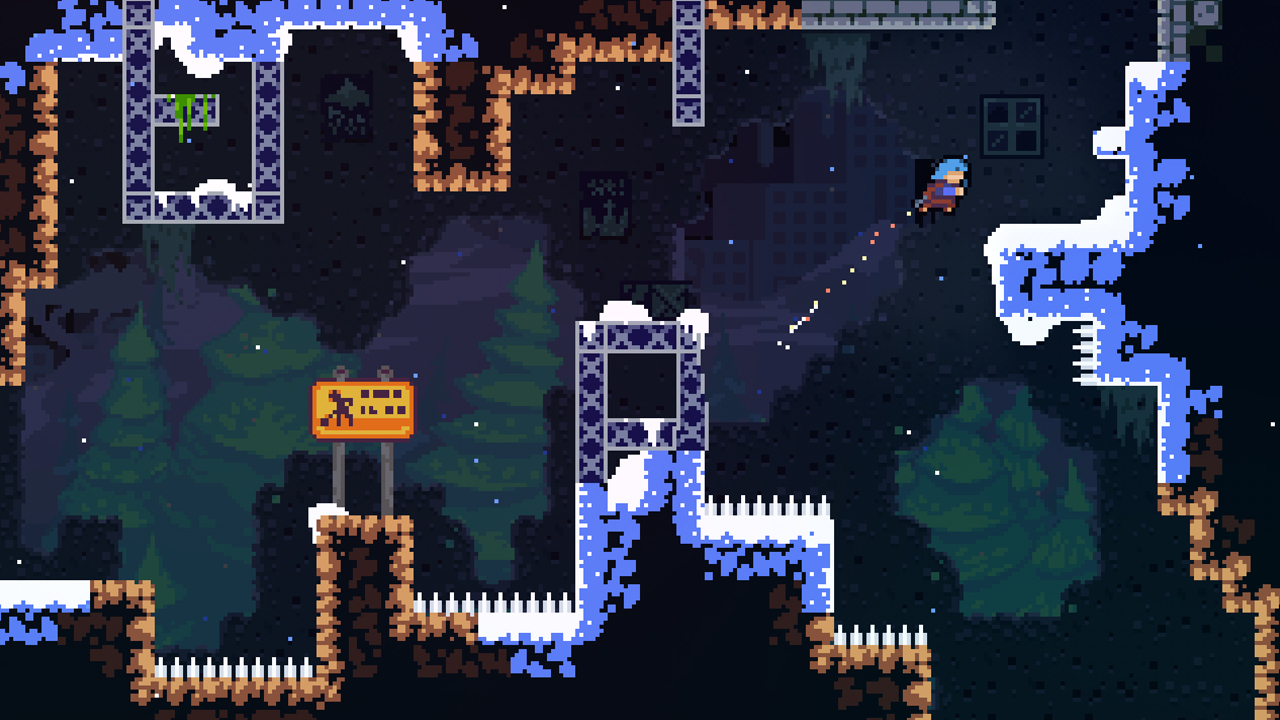
Beyond the remakes, this generation has also ushered in some great original platforming ideas. We all love an underdog story, and Celeste is one of this generation’s best. It takes the core of a platformer – go from here to there – and stretches that concept to its limit. With fiendishly difficult twists and turns balanced out by frequent checkpoints, it is a textbook example of risk vs reward.
It also firmly fits the past-present-future theme we’ve seen with a lot of great platformers this gen. It clearly takes cues from the past, not just with the pixelated design but also the updated takes on some old school techniques, like the ‘coyote time’ jumps. As for the present, that speaks for itself. Celeste struck a chord with masses of players, earning several Game Of The Year nominations amongst hallowed competition, from God of War to Red Dead Redemption 2.
How Celeste can shape platformers for the future is where its legacy shines brightest, however. Narrative has always been an Achilles heel of platformers, but with a very simple framework, Celeste showed us the light. Developer Maddy Thorson has come out as non-binary since the game's release, and has written about the fact that player character Madeline is canonically trans, even if Thorson wasn’t fully aware of this at the time. This raw narrative struck a chord with queer players, myself included, and proved that even without the robust narrative structure of other genres, platformers can still tell great stories.
A good day for a swell battle
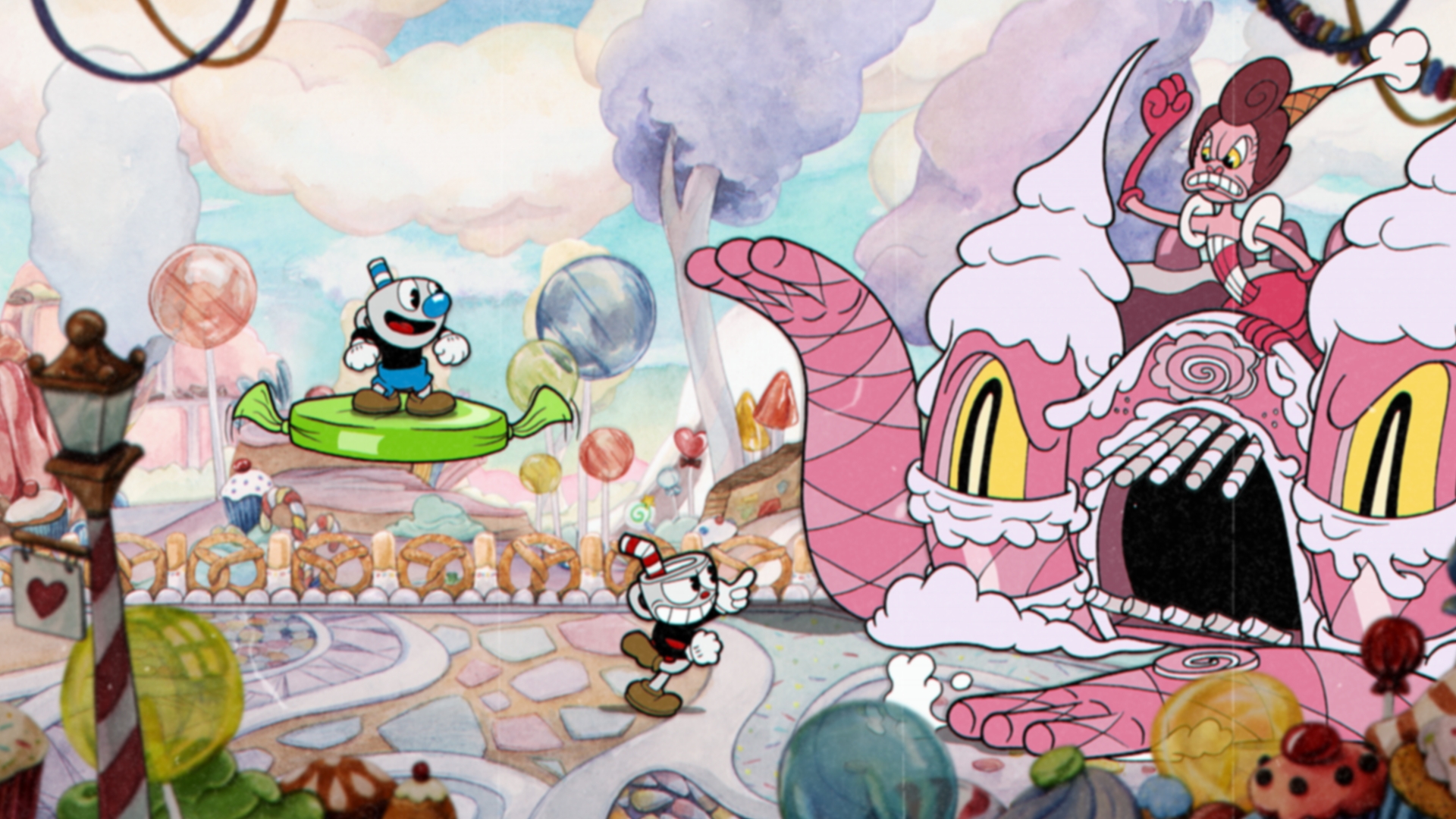
"Mastering Scavengers' brinkmanship politics are a crucial skill for navigating its endgame skirmishes."
One of the reasons platformers initially lost the spotlight in generations past was because they failed to evolve with the rest of the industry. They stagnated, became more and more kid-centric, and either played it safe or tried to distance themselves from the platformer label. Crash and Spyro’s own post-trilogy woes highlight this as well as anything.
Cuphead challenged those norms not just with a merciless difficulty spike, but an endlessly inventive approach to combat. Platformers are built on the idea that you complete a few levels, then fight a boss. While Cuphead inverts that and becomes a boss-run with a few levels thrown in, it still fits the basic definition. And where boss battles are often the less refined, more repetitive parts of platformers, Cuphead’s were bursting with originality.
Inspired by old school rubber hose animations of the early 20th century, Cuphead might look like a game from the past. Far from it, Studio MDHR's debut title is brimming with the kind of creativity and originality that is helping to push the platformer confidently into the future.
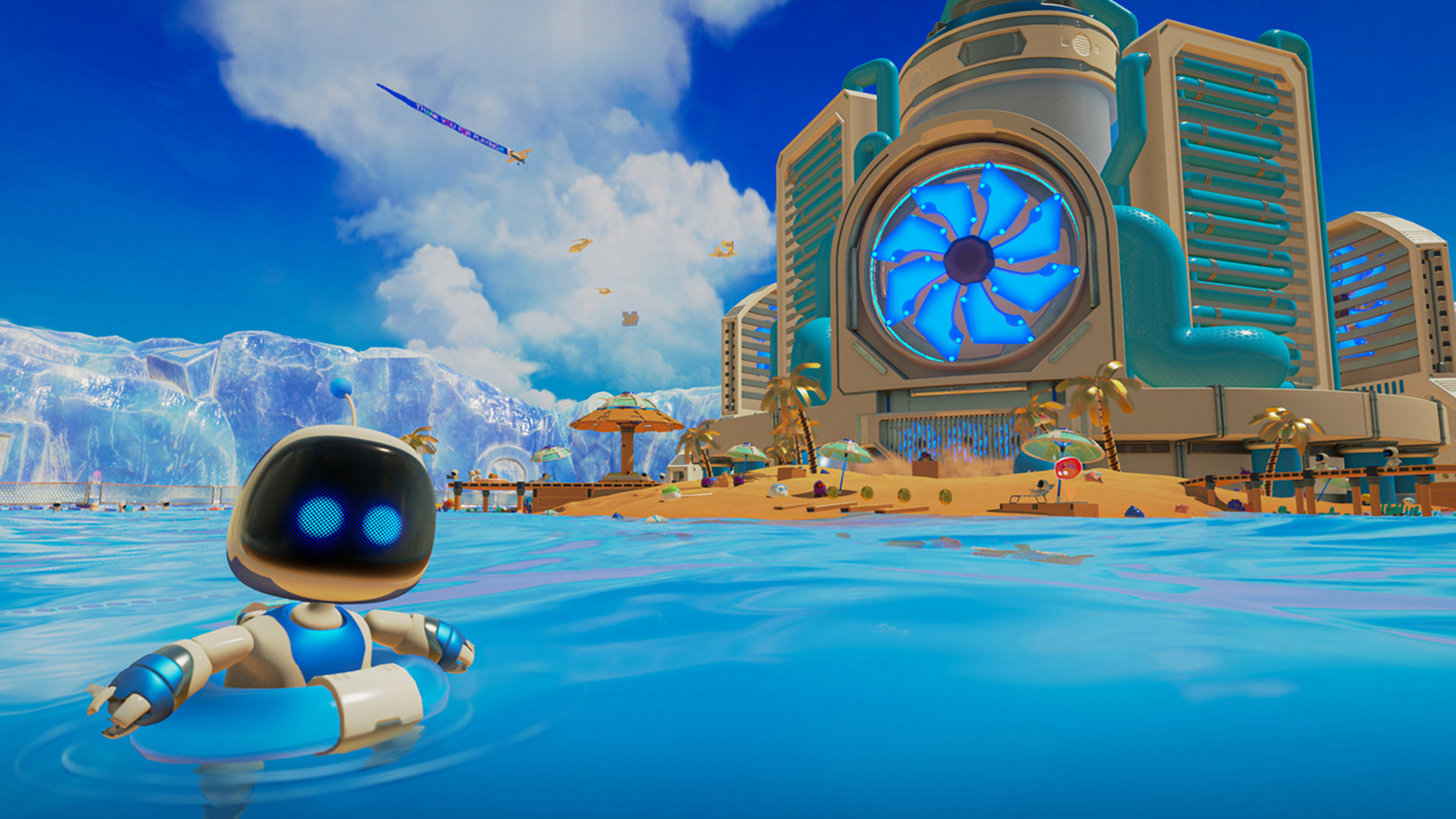
And that future looks very bright indeed. With a new Spyro game rumoured to be along shortly, alongside a Cuphead expansion and much, the next-generation of platformers are already on their way.
Ratchet & Clank: Rift Apart’s recently revealed gameplay demo on PS5 has already highlighted how the new consoles' lighting load speeds can energise level hopping and exploration like never before, while Astro’s Playroom has already proven haptic feedback as a genuine game-changer.
The platformer's heyday as the king of video games may have passed, then, but the genre has miraculously resurrected itself on the big stage this generation, heading into the next with a spring in its step, ready to make the next double jump into bold, new territory.
For more, be sure to check out all the biggest upcoming games of 2020 on the way, or watch below for our top ten Assassin's Creed Valhalla tips.
Stacey is currently the Editor-in-Chief of TheGamer, but was once a freelance journalist with bylines at Polygon, GamesRadar, The Washington Post, The Huffington Post, TechRadar, SYFY Wire, and IGN, among others.


